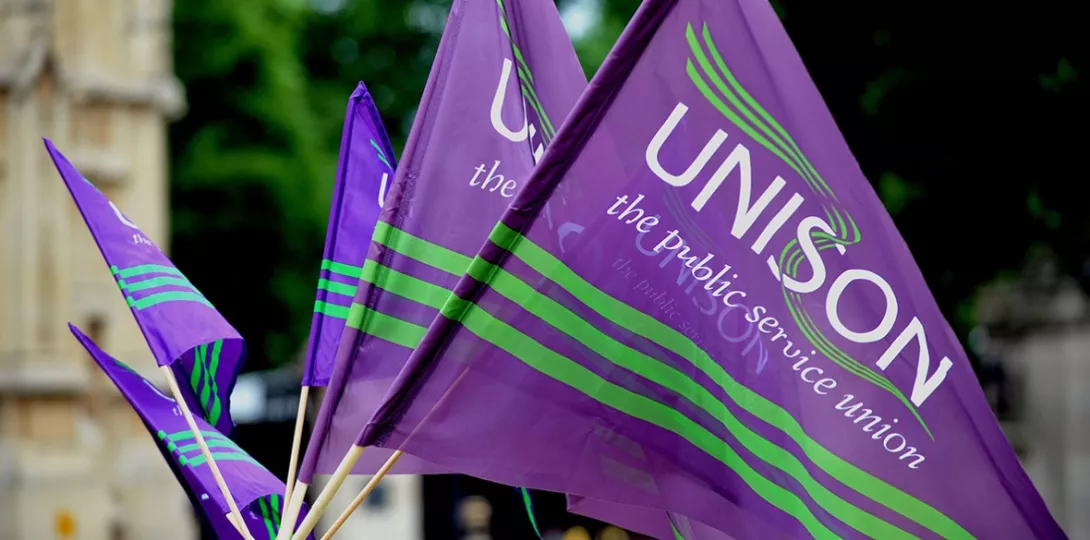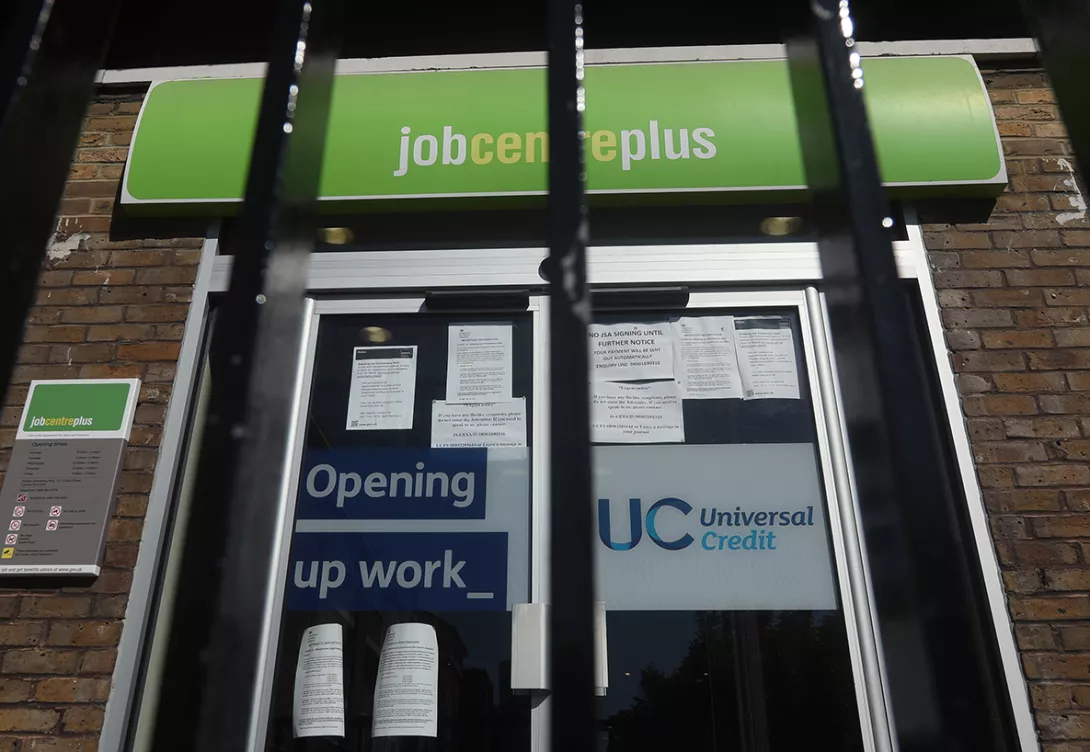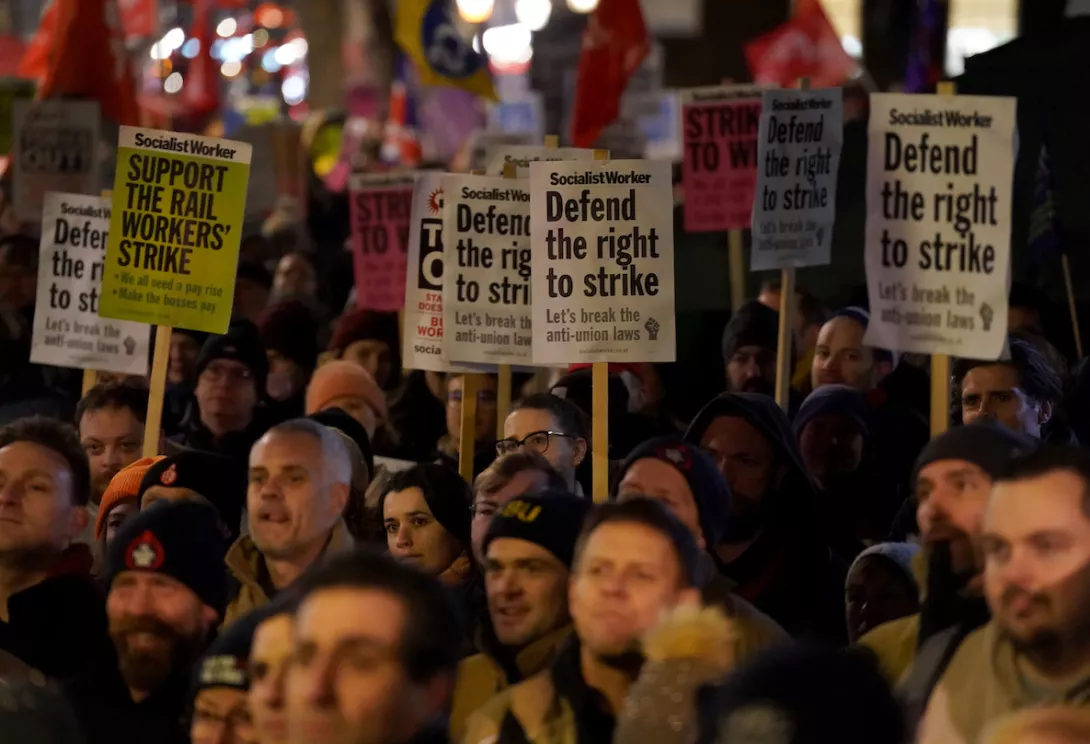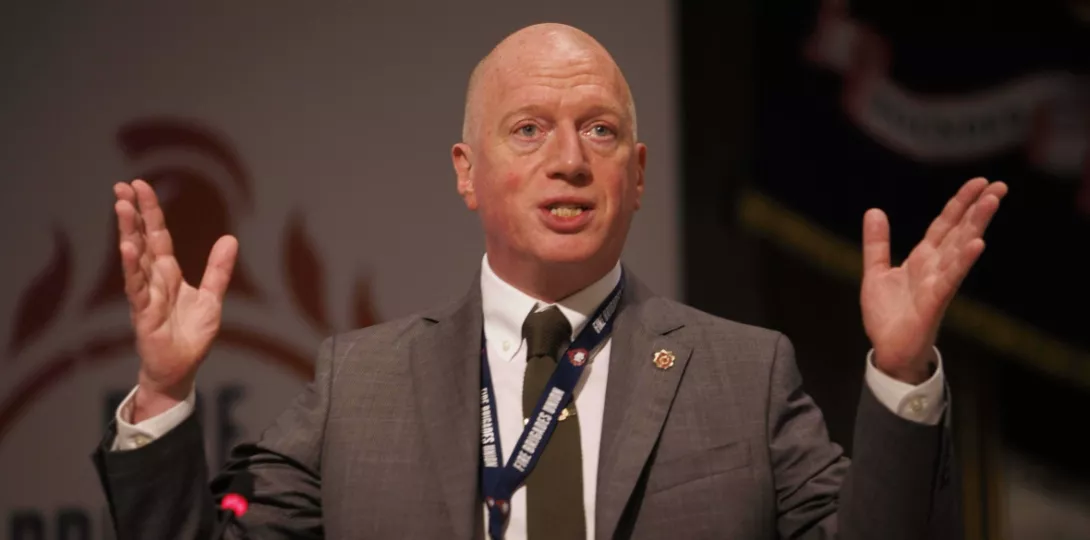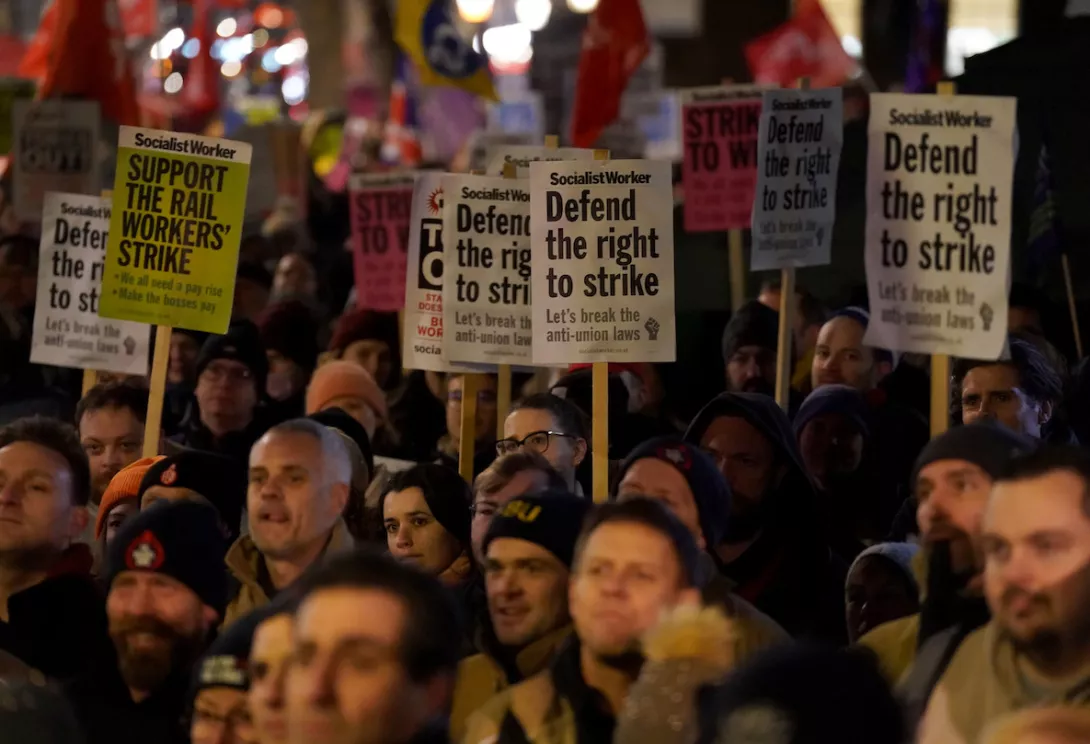
LABOUR law experts have detailed ways of challenging the Tories’ anti-strikes legislation in the run-up to the TUC holding a historic special congress on the widely condemned legislation tomorrow.
In a briefing, Professor Keith Ewing and Lord John Hendy KC, respectively president and chairman of the Institute of Employment Rights, wrote: “The Strikes (Minimum Service Levels) Act is not about preventing disruption to the public in a strike.
“It is about preventing workers through their unions pushing back, as they have been over the last year, against low wages and poor conditions.”
Passed in the summer, the legislation means that workers in the health, education, fire, transport, border security and nuclear decommissioning sectors who vote to strike could be ordered to report for duty — and potentially sacked if they fail to comply.
In addition, the law provides for unions who do not comply to be sued for up to £1 million.
“Self-evidently, the Act violates the right to strike, a right established by many international treaties which the UK has ratified,” Prof Ewing and Lord Hendy said.
“The government claims that international law permits minimum service levels to be set by law.
“But, though true, international law permits them only in exceptional circumstances and subject to tightly regulated conditions.”
While repealing the law “must be an early priority of a Labour government,” unions will meanwhile “be considering whether the awaited minimum service level regulations can be challenged in the courts.
“We can expect a wide range of legal objections to the regulations under this Act,” they added.
“More immediately, however, unions will be seeking to work around the legislation, persuading employers to agree not to serve work notices, and instead to negotiate voluntary minimum-service agreements, as usual.”
Draft regulations setting minimum service levels for the railways, ambulance services and border security and the Act’s statutory code of practice regulations were passed by Parliament on Wednesday.
For ambulance and patient-transport services, the experts said the regulations would require normal service on strike days, so these “workers are effectively banned from taking strike action.”
For border security, the requirements are similar, while in the rail industry, “those required to work the 40 per cent service will lose their right to strike,” while still needing to cover for sickness and emergencies.
TUC general secretary Paul Nowak said that, at the special congress, “unions will be discussing how we take on these spiteful new laws and how we step up resistance and campaigning.”









